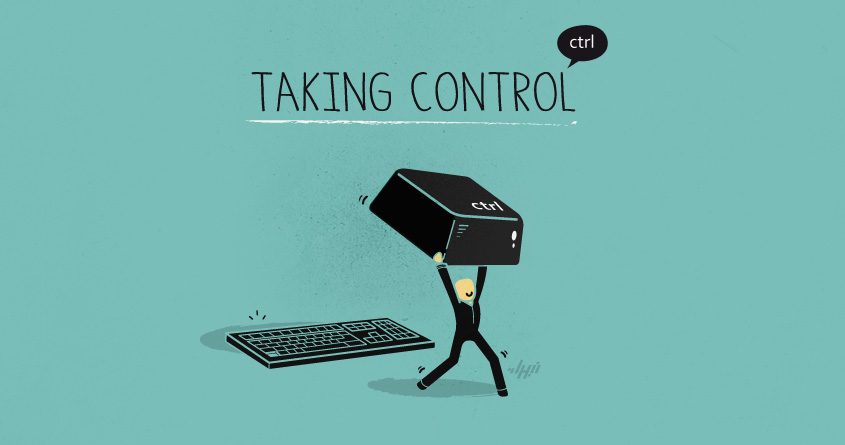
Truth Bomb Tuesday: Caring for others doesn’t mean giving more of ourselves than we can afford.
There’s a useful little saying I heard the other day, and I wonder if people might find useful:
“There’s a difference between taking care and taking control.”
This is something a few us might be facing right now. I know a lot of the people around the country are struggling right now. Things are tough. They’re tough emotionally. They’re tough financially.
And all that puts stress on our relationships, and when those pillars of support start to buckle under the strain, then we can really find ourselves in trouble.
And since I know a lot of us are doing it tough, I know that means that a lot of us are being asked to support people in varying degrees of crisis.
Maybe you’re someone that people lean on when things get tough. Maybe you’re someone people turn to.
This is great. It’s a beautiful thing to have people trust you and turn to you when they need someone. It can also be an amazing and beautiful journey to travel with someone through the dark night of a crisis.
But we have to take care of ourselves here too.
It’s something I say to my students a lot. You’ve got to fix your own air-mask first before helping others.
If you lose yourself and lose consciousness, then you’re just no good to anybody.
But it’s often not clear how and where to draw our boundaries.
And I definitely don’t have all the answers here, but I did find this little rule of thumb helpful:
“There’s a difference between taking care and taking control.”
For a lot of us – those of us who are big-hearted softies – there’s a temptation to rush in and ‘fix’ things.
“Oh, you’re behind on your mortgage payments. Here, let me give you access to my rainy-day fund.”
“Oh you’re stressed out of your mind at work. Here, let me Google some alternative careers for you.”
“Oh, you’re having trouble sleeping? Here, I’ll do some research and send you 6 recipes for raw-food smoothies. Have you tried fasting?”
Often this impulse isn’t too dangerous, but sometimes it can result in self-sacrificing that hurts you in the long run.
“Oh, you’ve got chronic back pain. Let me drop out of school and look after you.”
“Oh, you’re feeling challenged by the way my business is taking off. Here, let me put myself on mute so it’s not so challenging.”
“Oh, you’re having marital troubles again. Sure, I’ll cancel my plans to look after the kids.”
When you rush in and try to ‘fix’ a problem, you are not taking care. You are taking control.
Often care involves offering practical support. But not always, and it definitely doesn’t mean offering impractical support – levels of support that just don’t work for you in the long run.
You can still care for someone – hold them in your heart and hold their highest good as one of your own personal agendas – without taking responsibility for their problems.
You will care for the people you love. That’s a given. But where you take control – how much responsibility you take for their situation – that’s always a choice.
And sadly, it’s a choice that most of us don’t make consciously enough.
So remember this. Take care of the people you love, but choose consciously how much control you take of their problems.
And lets all try get through this together.
DB.